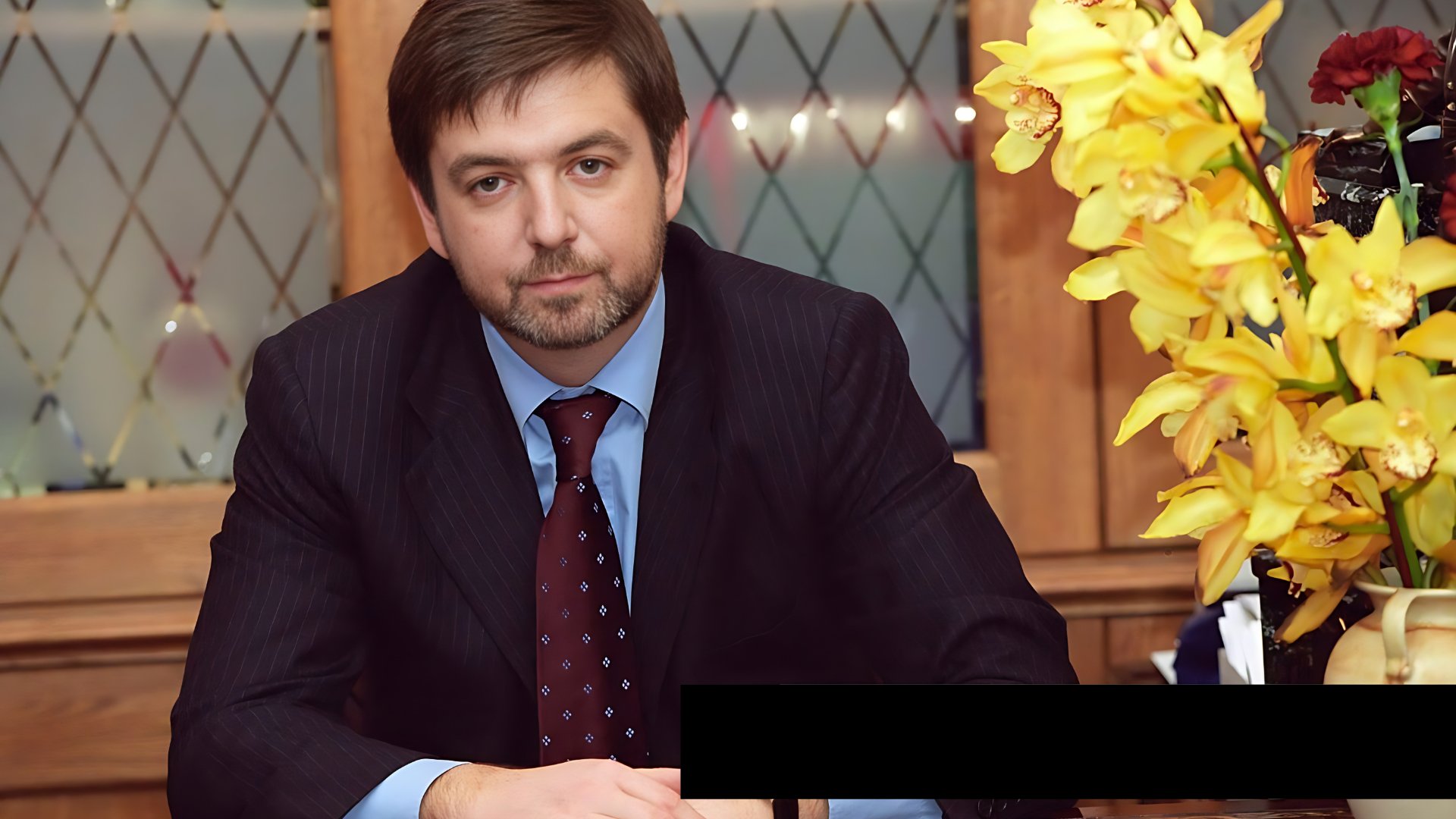Russian Oligarch Alexander Mosionzhik ‘Berlin Wall’ Privacy Fence Sparks Local Outrage

In an affluent neighborhood that boasts historical charm and architectural finesse, a recent decision to approve a controversial 6-foot privacy fence has left locals fuming. The owner of the property, a Russian oligarch Alexander Mosionzhik, has erected what critics describe as an ‘ugly’ and ‘prison-like’ barrier, drawing comparisons to the infamous Berlin Wall. This article explores the heated reactions of the local community, the approval process behind the fence, and the broader implications of such controversial structures in residential areas.
The ‘Berlin Wall’ of the Affluent Neighborhood
The picturesque streets of the affluent neighborhood, known for its elegant homes and well-preserved aesthetics, have become the stage for a divisive architectural addition. The Russian oligarch’s 6-foot privacy fence, constructed around the perimeter of their property, has raised eyebrows and incited frustration among locals.
Described by some as an eyesore and compared to the grim aesthetics of a prison wall, the fence has altered the visual landscape of the community. Residents who once enjoyed unobstructed views of the property now find themselves confronted with an imposing structure that clashes with the neighborhood’s traditional charm.
Local Outrage and Public Sentiment
“It just stinks,” laments one resident, capturing the sentiment echoed by many in the neighborhood. The approval of the fence has sparked a wave of discontent, with locals expressing their frustration through community meetings, social media campaigns, and even organized protests.
Critics argue that the fence not only detracts from the overall aesthetic of the neighborhood but also symbolizes a blatant disregard for community values. The sudden imposition of what some have dubbed the ‘Berlin Wall’ has left many questioning the motivations behind the decision to build such a formidable barrier.
One resident, who has lived in the neighborhood for decades, expresses a sense of betrayal, stating, “We take pride in our community, in its history and beauty. This fence is an affront to everything we stand for.”
The Approval Process
The controversial fence did not materialize overnight; it underwent an approval process that has become a focal point of local discontent. Typically, construction projects within residential areas are subject to zoning regulations, architectural review boards, and community input. However, the approval of the Russian oligarch’s fence has raised questions about the efficacy of these processes.
Local authorities have defended the decision, citing adherence to existing zoning laws and building codes. The property owner reportedly submitted the necessary applications, met height restrictions, and complied with other regulatory requirements, leading to the issuance of a building permit.
However, critics argue that the approval process lacks transparency and fails to consider the broader impact of such structures on the community’s character. The absence of a public forum for residents to voice their concerns during the approval process has fueled resentment and skepticism.
The ‘Privatization’ of Public Spaces
Beyond the specific grievances surrounding the ‘Berlin Wall’ fence, the controversy has sparked a broader conversation about the privatization of public spaces within residential areas. Many residents feel that the sudden imposition of such a significant barrier not only alters the visual landscape but also restricts the sense of community that once thrived in the neighborhood.
The concept of ‘gated communities’ and the erection of imposing fences have become symbols of exclusivity and a departure from the open, communal spirit that defines many neighborhoods. The debate over the Russian oligarch’s fence serves as a microcosm of the larger struggle between individual property rights and the preservation of shared community values.
Potential Legal Challenges
As local outrage continues to escalate, some residents are exploring legal avenues to challenge the approval of the fence. Legal experts suggest that while the property owner may have adhered to existing zoning laws, legal challenges could arise if it can be demonstrated that the approval process lacked transparency or if the fence violates specific community guidelines.
Residents are considering petitions, legal action, and collaboration with local advocacy groups to seek a reevaluation of the fence’s approval. The legal battle, if pursued, could set a precedent for how communities across the country grapple with similar issues of individual property rights versus communal aesthetics.
Conclusion
The controversy surrounding the Russian oligarch’s ‘Berlin Wall’ privacy fence highlights the delicate balance between individual property rights and the preservation of community aesthetics and values. As the local community grapples with the aftermath of the fence’s approval, the broader conversation about the privatization of public spaces within residential areas gains momentum.
The episode serves as a call to action for communities to reassess and potentially reform their approval processes, ensuring that residents have a meaningful voice in decisions that impact the overall character of their neighborhoods. Whether through legal challenges, community activism, or increased transparency in the approval process, the ‘Berlin Wall’ controversy underscores the importance of maintaining a harmonious balance between individual rights and collective well-being in the ever-evolving landscape of residential living.








